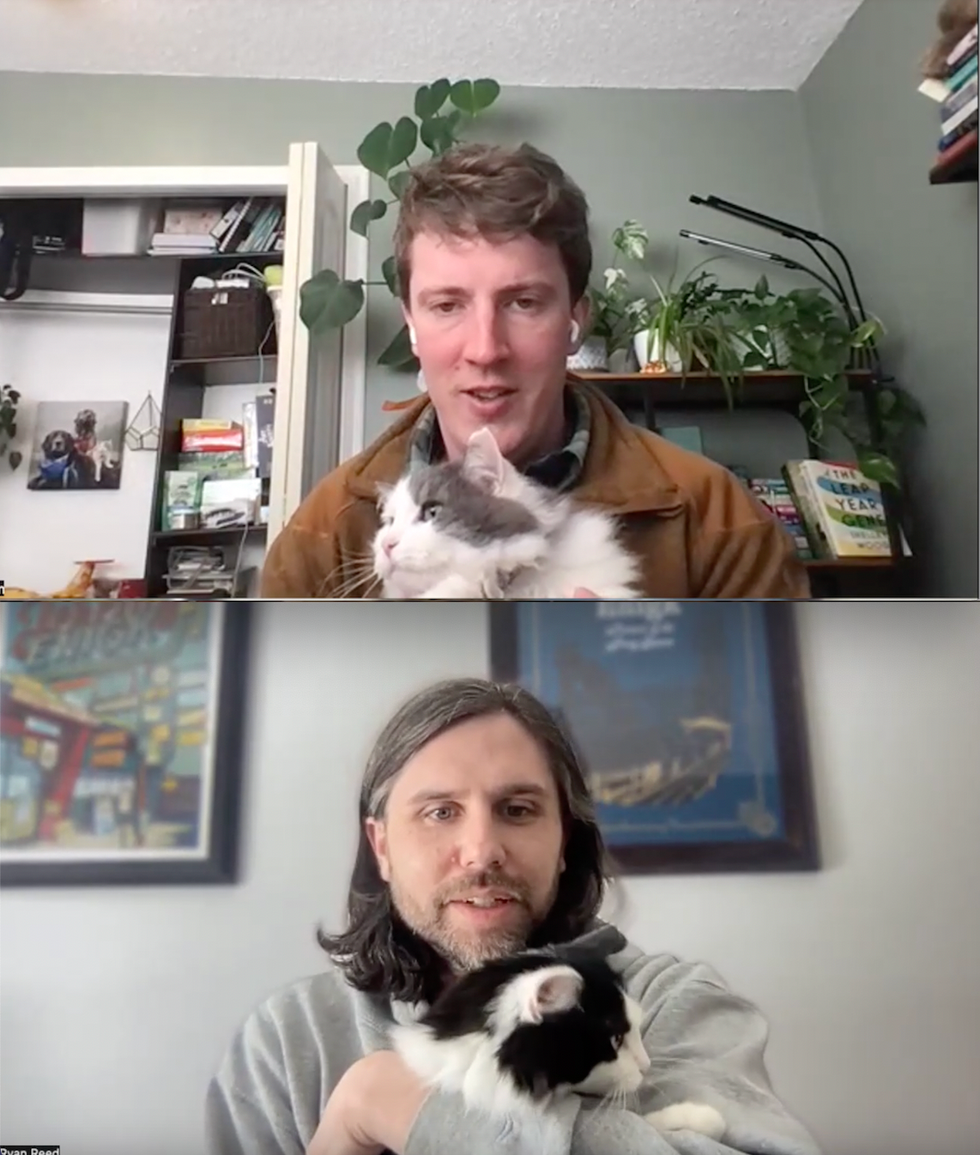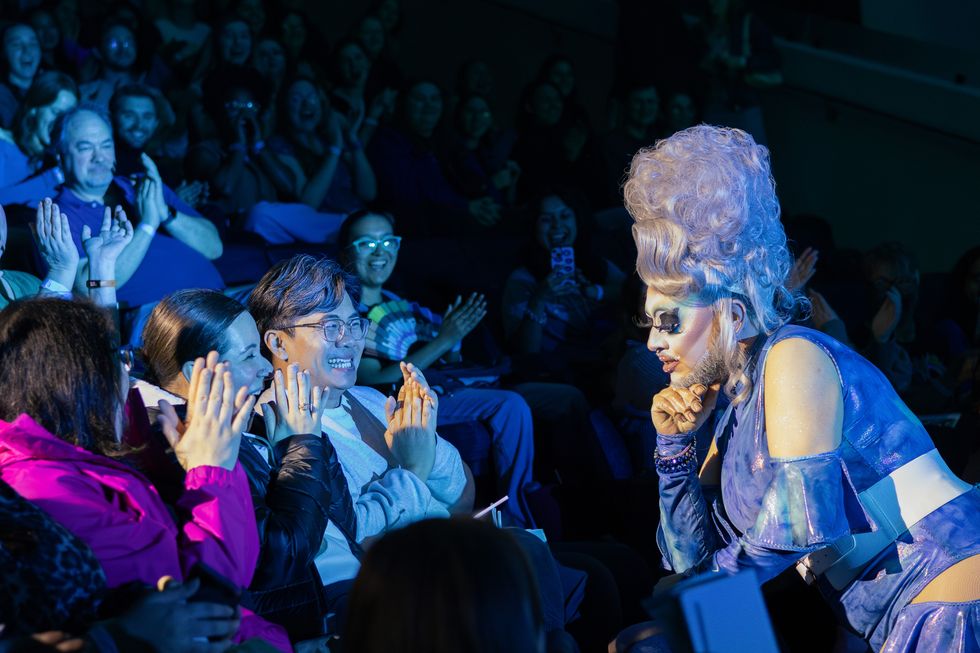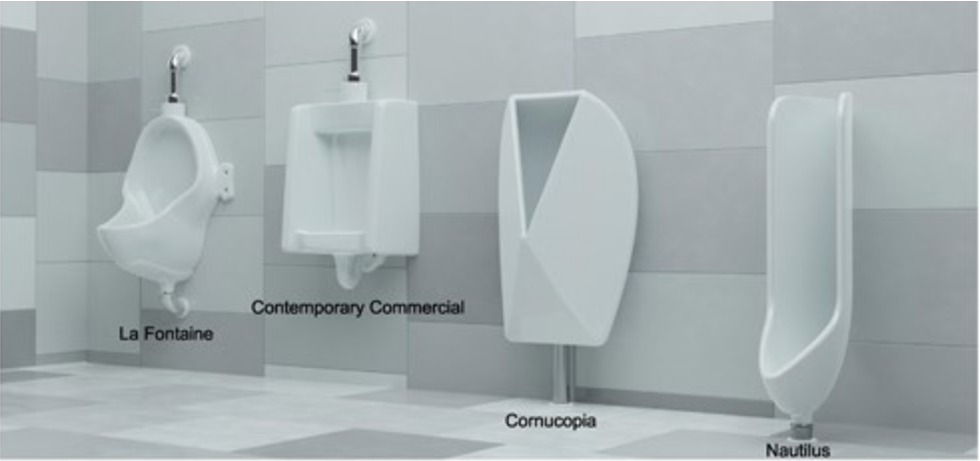Last week, Virginia Governor Terry McAuliffe restored the voting rights of 13,000 ex-felons, defying objections from Republican lawmakers and the state Supreme Court, which had previously barred him from issuing a blanket order that would have granted voting rights to 206,000 former prisoners in one fell swoop.
“I personally believe in the power of second chances,” he said, calling the civil rights of ex-offenders an “issue of basic justice.”
It’s certainly a divisive topic: A Harris poll found that while 60 percent of Americans are in favor of voting rights for felons who’ve done their time and are on parole, only 31 percent believe those still in prison deserve the same privilege. Support drops drastically if a criminal’s offense was violent or sexual in nature.
Today, the Sentencing Project reports that about 5.8 million Americans have lost their right to vote due to a felony conviction. And 2.2 million of them are black. According to the project’s findings, it’s a discrepancy that’s likely to grow given our rates of incarceration: “People of color make up 37 percent of the U.S. population but 67 percent of the prison population,” with as many as three in 10 black men losing their right to vote in the next generation.
Watch the video above to see a detailed breakdown of state laws and how they impact both current and previous offenders—and to form your own opinion about Governor McAuliffe’s history-making move.















 Let us all bow before Gary, the Internet's most adventurous feline. Photo credit: James Eastham
Let us all bow before Gary, the Internet's most adventurous feline. Photo credit: James Eastham Gary the Cat enjoys some paddling. Photo credit: James Eastham
Gary the Cat enjoys some paddling. Photo credit: James Eastham James and Gary chat with Ryan Reed and Tony Photo credit: Ryan Reed
James and Gary chat with Ryan Reed and Tony Photo credit: Ryan Reed


 Rock deterioration has damaged some of the inscriptions, but they remain visible. Renan Rodrigues Chandu and Pedro Arcanjo José Feitosa, and the Casa Grande boys
Rock deterioration has damaged some of the inscriptions, but they remain visible. Renan Rodrigues Chandu and Pedro Arcanjo José Feitosa, and the Casa Grande boys The Serrote do Letreiro site continues to provide rich insights into ancient life.
The Serrote do Letreiro site continues to provide rich insights into ancient life.

 The contestants and hosts of Draggieland 2025Faith Cooper
The contestants and hosts of Draggieland 2025Faith Cooper Dulce Gabbana performs at Draggieland 2025.Faith Cooper
Dulce Gabbana performs at Draggieland 2025.Faith Cooper Melaka Mystika, guest host of Texas A&M's Draggieland, entertains the crowd
Faith Cooper
Melaka Mystika, guest host of Texas A&M's Draggieland, entertains the crowd
Faith Cooper


